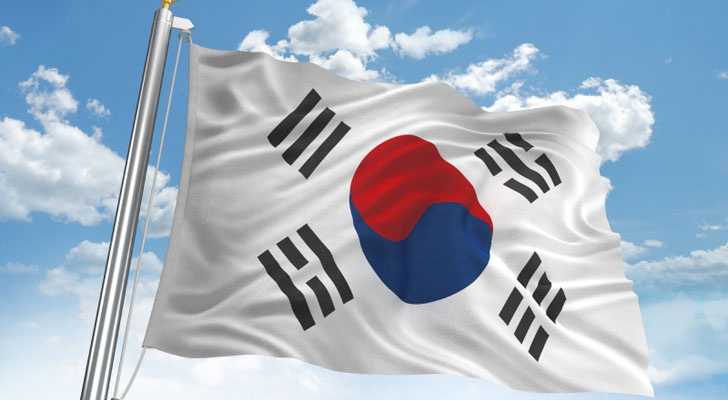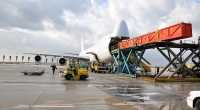The agreement calls for faster, improved customs regulations while tightening surveillance on unauthorized products
Director of Israel's tax Authority Doron Arbeli and South Korea's Customs Service Commissioner Joo Yung-sup, signed last week an agreed framework to advance the bilateral AEO's (Authorized Economic Operator) Mutual Recognition Agreement (MRA).
The signing took place a the First Global Conference on the AEO program held in Seoul.
About 800 senior customs officials, businesspeople and academicians from around the world have attended the three-day conference, co-organized by the World Customs Organization and the Korea Customs Service( KCS). An
Authorized Economic Operator, or AEO, refers to a party involved in the international movement of goods that has been approved by a national customs administration as complying with WCO or equivalent supply chain security standards. They include all stake-holder groups such as importers, exporters, brokers, carriers, consolidators, intermediaries, ports, airports, terminal operators, integrated operators, warehouses and distributors.
Aimed at improving the efficiency of customs administration and increasing the safety of trade goods, the program offers AEOs diverse benefits, such as quicker customs clearance and exemption from customs check-ups, while tightening surveillance on unauthorized products or companies for potential security threats.
Currently, there are 17 MRAs signed around the world. Japan leads with six, followed by Korea and U.S. with five each, the EU with four and Canada three.
The bilateral trade (without diamonds) – the combination of exports and imports – between Korea and Israel reached 2.5 billion dollars in 2011. About three quarters of this is Israeli imports from Korea.






